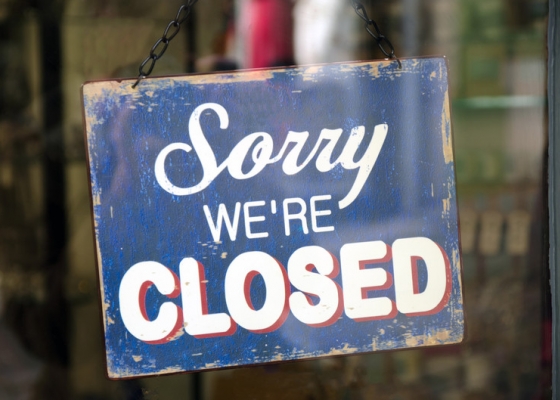When a business is forced to close due to severe weather disasters, major repairs, utility outages, or other disruptions, it can cause significant revenue and customer losses. For example, the Federal Emergency Management Agency (FEMA) reports that nearly fifty percent of businesses are unable to reopen after a catastrophic event. The key to minimizing business closures after a major disaster is early preparation, and this starts with developing an effective Business Interruption Plan. In part three of our series on developing a Business Interruption Plan, we look at cataloging business assets in order to expedite the recovery and claim process.
List Current Assets and Equipment
The first step in making a detailed list of assets is figuring out what equipment and supplies are needed to make your business function. What raw materials, equipment, or tools do you need to make your product or perform your service? What type of facility or company vehicle is needed to operate your business? An effective Business Interruption Plan should include a detailed asset inventory list as well all appliances, utilities, and materials needed to recreate the business if forced to relocate.
Back Up Everything
Another major component of an effective Business Interruption Plan includes backing up all critical and sensitive company information, customer data, and financial records. This would include purchase history, vendor information, insurance documentation, bank account information, and other relevant details. These digital records should be backed up regularly to ensure the most accurate data is available in case disaster strikes, and a copy should also be stored securely offsite or on a cloud-based system.
Create Rebuilding/Recovery Strategy
Finally, your Business Interruption Plan should include a rebuilding or recovery plan that details and prioritizes the order in which assets or buildings should be repaired or replaced. For example, new carpeting shouldn't be installed if the sheetrock and fresh paint have yet to be completed. In addition, business owners should have ideas and locations for possible temporary work areas if their primary business needs to be closed for significant repairs.
Regardless of your industry or the size of your company, it's important to have a Business Interruption Plan that ensures a business closure doesn't signal the end of your business. With the amount of time, energy and resources needed to successfully launch a business, why risk its future by not having quality Commercial Insurance in place in the event of a disaster? Aegis Insurance & Financial Services is dedicated to helping business clients of all sizes and industries get the Commercial Insurance needed for their unique needs. Aegis offers Business Owners Policy coverage, as well as Business Interruption Insurance, Commercial Property, Commercial Auto, General Liability, Workers Compensation, and Excess Liability. Call Aegis today at 713-850-7622 for more information, or go online to request a free quote!

